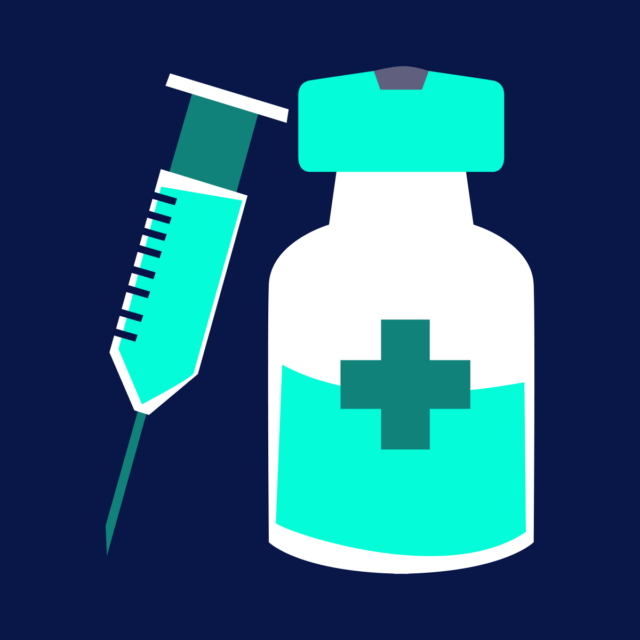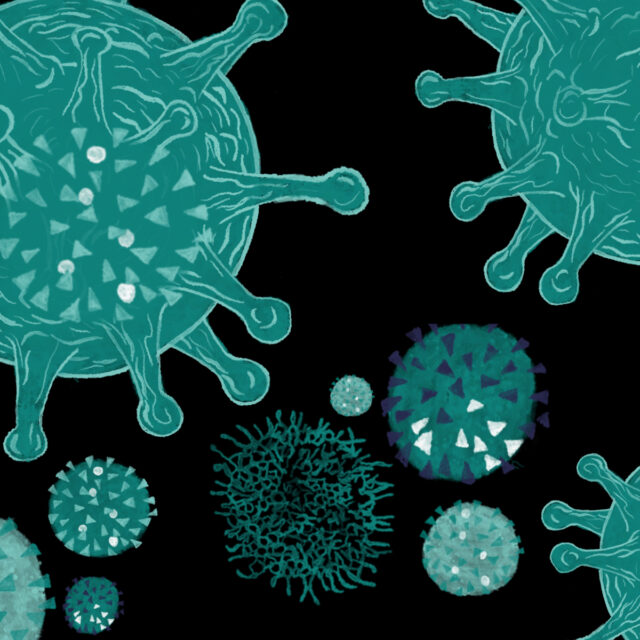By Lauren Ahn, ONE Digital Intern
August 19 is World Humanitarian Day! Established by the United Nations in 2008, World Humanitarian Day honors all those who devote themselves to helping others, no matter where they are or who they are. It’s a day to bring attention to humanitarian needs all over the world and the importance of international support and cooperation to meet those needs. It’s a day to celebrate people helping people! To that end, here are five amazing humanitarians you HAVE to read about:
Dr. Elinor Catherine Hamlin
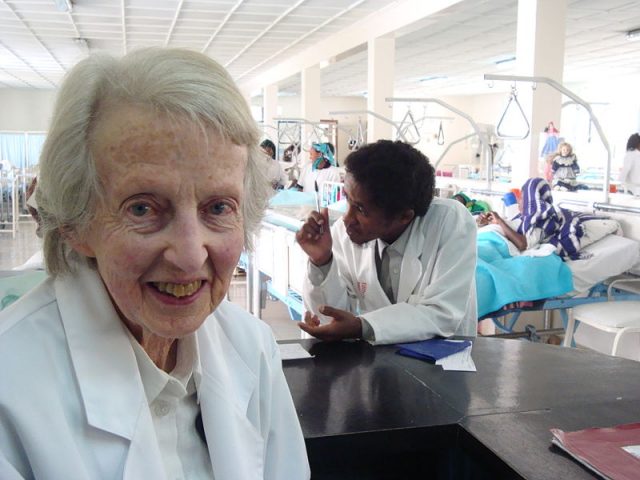
Dr. Hamlin at the Hamlin Fistula Hospital, Ethiopia 2009. (Photo credit: Lucy Horodny/AusAID)
Dr. Hamlin, along with her late husband, co-founded the Addis Ababa Fistula Hospital in Ethiopia — one of the world’s only hospitals dedicated to providing free obstetric fistula repair surgery for women suffering from the painful childbirth injury. Since 1974, the Hamlins, with the help of their hospital staff, have treated more than 45,000 women and have opened five other medical centers around the country to make treatment more accessible.
Dr. Hamlin has been recognized by the United Nations for her development of revolutionary techniques and procedures to successfully treat fistulas, co-founded an associated non-profit organization called Hamlin Fistula Ethiopia, and established the Hamlin College of Midwives that trains midwives so they can help prevent women from developing obstetric fistulas during childbirth.
Dr. Tom Catena
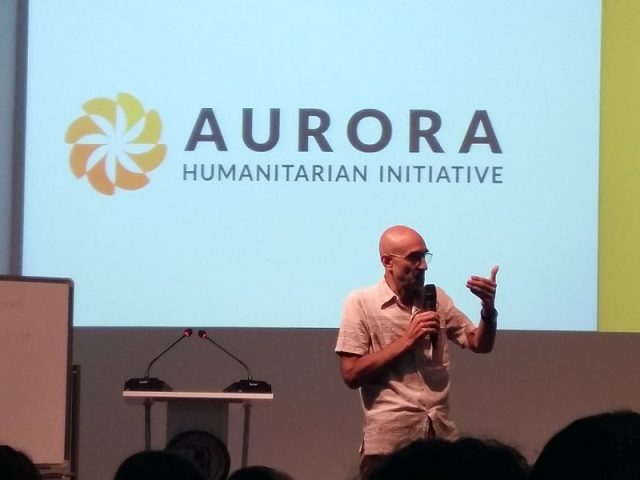
Dr. Catena visiting Yerevan for the Aurora Prize for Awakening Humanity. (Photo credit: GgGevorg/Wikimedia Commons)
Dr. Tom Catena has been one of the only permanently-based doctors in the Nuba Mountains of Sudan, where humanitarian aid is restricted. When war broke out between Sudan and South Sudan in 2011, Dr. Catena never considered leaving: “For me, it was fairly simple. I could not live with myself if I just packed up and left the place and left all the people here in that situation.”
Dr. Catena spent eight years at hospitals in Nairobi, Kenya, before establishing the Mother of Mercy Hospital in 2007. On call 24 hours a day, 7 days a week, Dr. Catena sometimes treats hundreds of patients in a day and performs more than a thousand operations every year — doing so with limited supplies and sometimes no electricity or running water.
Umra Omar
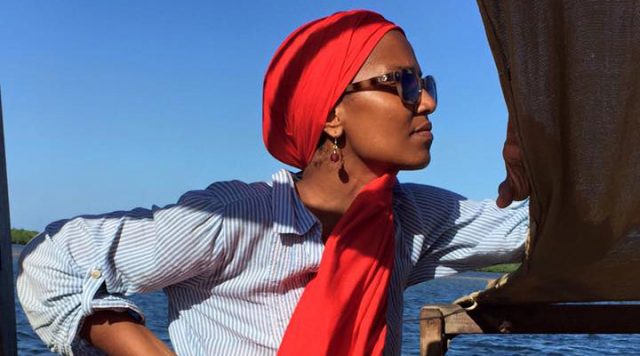
Umra Omar of Safari Doctors
After learning about a medical aid project that was dropped due to security concerns in the area, Umra Omar left the life and career she worked hard to establish in the United States to return to her home country and start Safari Doctors. Omar’s group provides free basic medical care (e.g., maternal health care, immunizations, malaria treatment) to hundreds of people every month from more than 17 villages in Lamu — a remote region on the eastern coast of Kenya stranded between military and terrorist conflict. Named a Top 10 CNN Hero of 2016, Omar hopes to develop Safari Doctors into a franchise of local health solutions for local health challenges with global connectivity.
Degan Ali
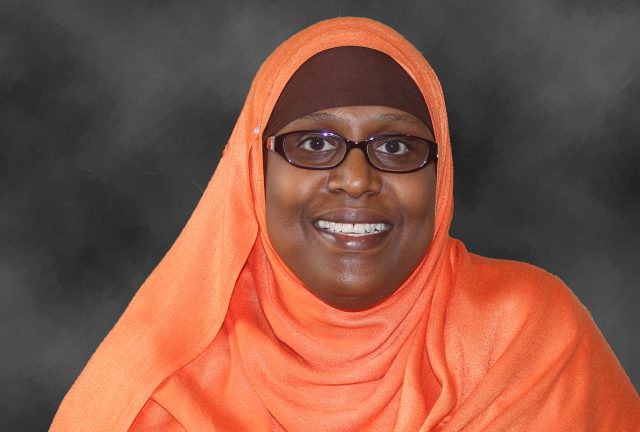
Degan Ali. (Photo credit: Adeso Africa)
This fierce woman is changing the way the world views development and aid. Degan Ali is the executive director of Adeso (African Development Solutions), a humanitarian and development organization dedicated to building a stronger Africa that is not dependent on foreign assistance but on the capabilities and resources of its own people and economy. Ali implemented the first large-scale cash aid distribution in Africa by an NGO rather than a government agency, and is a leading advocate for the empowerment of Southern NGOs. With her impressive skills in strategic planning, program management, and organizational and business development strategies, Ali is leading Adeso in using new, innovative aid delivery methods and working at the roots to empower African communities to be their own change.
Dr. Hawa Abdi
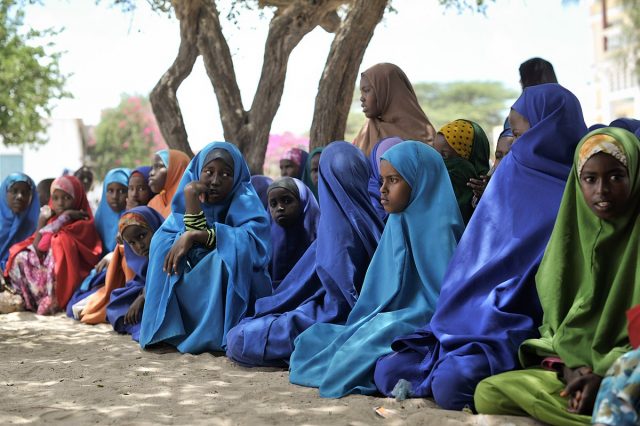
Young girls watch a football game being played outside of their school during breaktime at a center run by Dr. Hawa in the Afgoye corridor, Somalia. Dr. Hawa, an internationally recognized humanitarian, established the Hawa Abdi Center in 1983, and has catered for tens of thousands over the years displaced by civil war in Somalia. The center now contains an IDP camp, a school, and a hospital. (Photo credit: AMISOM Public Information/Tobin Jones)
In 1983, Dr. Hawa Abdi Diblaawe, Somalia’s first female gynecologist, opened a one-room clinic on her family’s farm to provide free medical care to her community. In 1991, Dr. Hawa began providing food and shelter on her land for her employees when civil war broke out, and continued to welcome anyone who sought refuge. With the help of her two daughters, Dr. Deqo Mohamed and Dr. Amina Mohamed, Dr. Hawa’s land housed more than 90,000 refugees in 2012 – consisting mostly of women and children.
Renamed the Hawa Abdi Village, the farmland contains a 400-bed hospital offering vaccinations and pediatric/maternal care, as well as the Waqaf-Dhiblawe Primary School that aims to ensure schooling for young girls. The village has also pioneered sustainable agriculture solutions to confront Somalia’s food and water security crisis. Despite being under a consistent threat of violence, “Mama Hawa” and her daughters have been able to assist more than two million people and counting.

